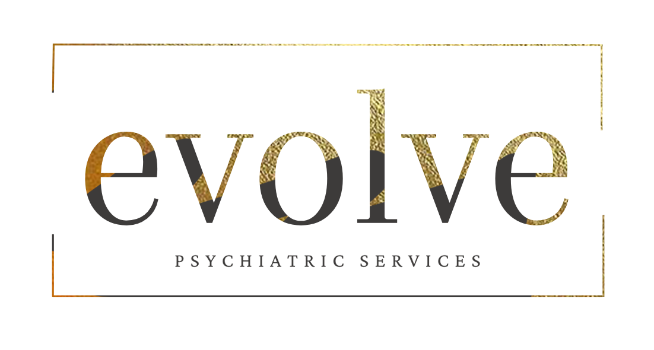Finding Your Flow: How Tai Chi Can Ease Depression and Anxiety
In our fast-paced, often overwhelming world, feelings of depression and anxiety can feel like unwelcome, constant companions. While traditional therapies and medication play crucial roles in managing these conditions, many individuals are seeking complementary approaches to enhance their well-being. Enter Tai Chi, a gentle, flowing exercise that has been practiced for centuries, offering a potential path to inner peace and emotional balance.
What is Tai Chi?
Often described as "meditation in motion," Tai Chi is a traditional Chinese martial art that involves slow, deliberate movements, deep breathing, and focused awareness. It's a low-impact exercise suitable for people of all ages and fitness levels, making it accessible to a wide range of individuals.
How Tai Chi Can Help with Depression and Anxiety:
While Tai Chi may seem like a purely physical activity, its benefits extend far beyond the body. Research suggests that regular Tai Chi practice can positively impact mental health in several ways:
- Stress Reduction: The slow, rhythmic movements and deep breathing of Tai Chi activate the parasympathetic nervous system, which is responsible for the "rest and digest" response. This helps to counteract the effects 1 of stress, reducing cortisol levels and promoting relaxation.
1. www.diaryofamadyogi.com
- Improved Mood: Studies have shown that Tai Chi can be effective in reducing symptoms of depression. The combination of physical activity, mindfulness, and social interaction (in group classes) can contribute to a more positive mood and increased feelings of well-being.
- Reduced Anxiety: By promoting relaxation and reducing stress, Tai Chi can help to alleviate anxiety symptoms. The focused attention required during practice can also help to quiet the "racing mind" often associated with anxiety.
- Enhanced Mindfulness: Tai Chi emphasizes present-moment awareness, encouraging practitioners to focus on their movements and breath. This cultivates mindfulness, which can help individuals to better manage their thoughts and emotions.
- Improved Sleep: Depression and anxiety often disrupt sleep patterns. The relaxing effects of Tai Chi can promote better sleep quality, which can further contribute to improved mood and reduced anxiety.
- Social Connection: Participating in Tai Chi classes can provide opportunities for social interaction and connection, which can be particularly beneficial for individuals experiencing social isolation or loneliness.
Scientific Backing:
Numerous studies have explored the benefits of Tai Chi for mental health. Research consistently points to positive outcomes, with studies showing significant reductions in depression and anxiety symptoms among participants who engage in regular Tai Chi practice. For example, studies have shown Tai chi to be as effective as some forms of cognitive behavioral therapy for depression.
Getting Started with Tai Chi:
If you're interested in trying Tai Chi, here are a few tips:
- Find a qualified instructor: Look for a certified Tai Chi instructor who has experience working with individuals with mental health concerns.
- Start slowly: Begin with short sessions and gradually increase the duration and frequency of your practice.
- Focus on the process: Don't worry about perfecting the movements. Focus on the feeling of the movements and the connection between your mind and body.
- Be patient: It may take time to experience the full benefits of Tai Chi. Be patient with yourself and enjoy the journey.
- Combine with other therapies: Tai Chi is most effective when used as a complementary therapy alongside traditional treatments like therapy and medication. Always consult with your healthcare provider before starting any new exercise program.
A Path to Balance:
Tai Chi offers a gentle and accessible way to cultivate inner peace and emotional well-being. By incorporating this ancient practice into your life, you can find your flow and navigate the challenges of depression and anxiety with greater ease. Remember, every step, every breath, brings you closer to a more balanced and harmonious state of being.

